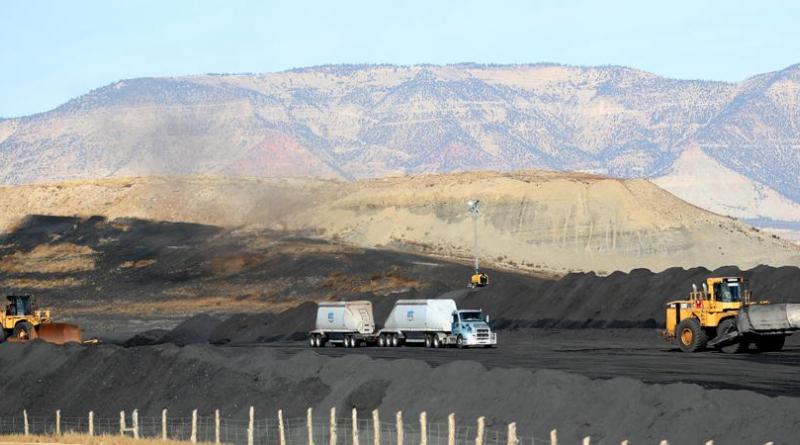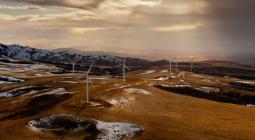McKinsey: Low Cost Renewables Will Outcompete Fossil Assets By 2030.

The energy transition is accelerating. 2020 saw renewables replace fossil fuels in Europe for the first time and one of the many impacts of COVID-19 has been on energy demand. According to the latest research from McKinsey, demand for fossil fuels will never return to pre-pandemic levels.
McKinsey’s 2021 Global Energy Perspective report predicts not only that fossil fuel demand will not recover post-COVID-19 but that it is set to peak globally by 2029. The really big shift in energy demand though is expected to be towards electrification, and the report projects that power demand will double as this happens, with low cost renewables outcompeting fossil fuel assets by 2030. It also projects that by 2036, half of the global power supply will be generated by intermittent renewable energy sources.
The shift in the energy mix is expected, not due to the behavioural shifts associated with the pandemic but rather “known” long-term shifts such as decreasing car ownership, growing fuel efficiencies and a trend towards electric vehicles, whose impact is estimated to be three-to-nine times higher than the pandemic’s by 2050.
Christer Tryggestad, Senior Partner at McKinsey, says: “While the pandemic has certainly provided a substantial shock for the energy sector across all fuel sources, the story of the century is still a rapid and continuous shift to lower-carbon energy systems”. She adds however: “The share of electricity in the energy mix is set to grow by around 50% by 2050 and it’s set to capture all global energy growth as hydrocarbon consumption plateaus. .”
The challenge is that while energy systems are shifting towards renewables and an earlier peak in hydrocarbon consumption will result in lower emissions, the global carbon budget for 2100 will have been used up at some point in the 2030’s.
As a result, while the earlier peak of hydrocarbon demand means a substantial reduction in forecasted carbon emissions, the world remains significantly off the 1.5ºC pathway and will run out of its carbon budget for 2100 in the early 2030s.
14 January 2021
Forbes




